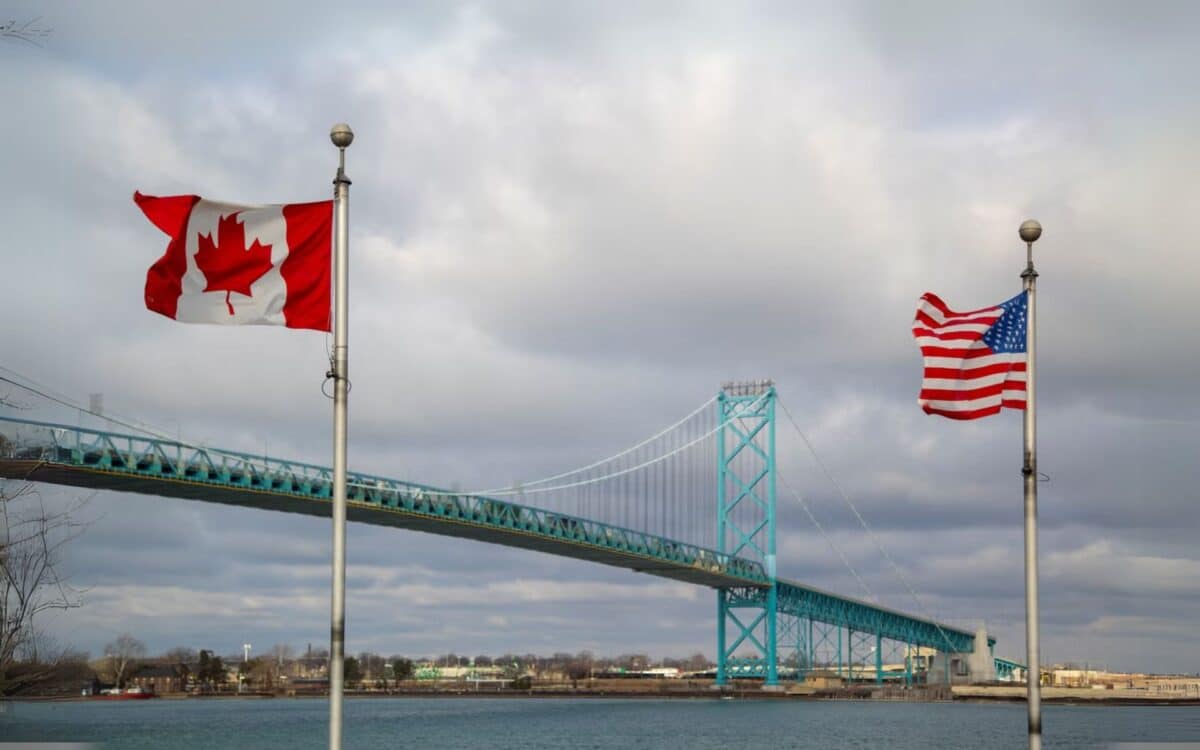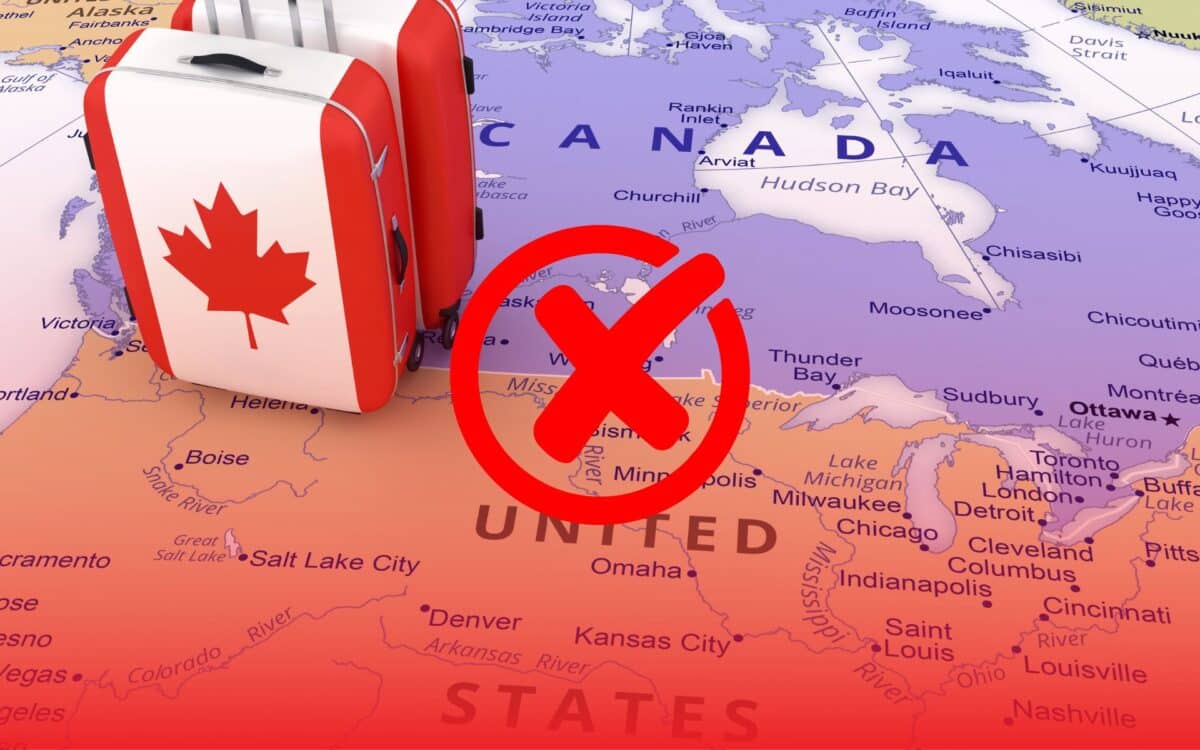The United States is facing a potential loss of $6 billion as the number of Canadian visitors continues to fall, raising concerns across the travel, hospitality, and retail sectors. The sharp downturn in Canadian tourism is unfolding against a backdrop of escalating tensions between the two countries, rooted in ongoing trade disputes and evolving public attitudes.
According to Newsweek, recent tariffs and retaliatory policies have played a significant role in reshaping travel behavior, prompting many Canadians to reconsider their destination choices. These shifts signal deeper changes in cross-border dynamics that could have lasting economic and diplomatic consequences.
Tourism From Canada Drops Sharply
According to aviation analytics provider OAG, forward bookings from Canada to the U.S. have dropped by over 70% for each month through the end of September 2025, compared to the same period in 2024. Statistics Canada reports a 32% decrease in Canadian road trips into the U.S. in March 2025 compared to March 2024, while air travel from Canada fell by 13.5% over the same period.
The U.S. economy relies heavily on tourism from Canada. The U.S. Travel Association (USTA) estimated earlier this year that a 10% drop in Canadian tourism could put 140,000 jobs at risk and lead to $2.1 billion in lost spending. Based on this model, a 30% decrease in visitors would translate into $6 billion in losses.
Trade Tensions and Policy Reactions
The drop in travel follows a series of trade measures that have strained the bilateral relationship. During his presidency, Donald Trump imposed a 25% tariff on Canadian imports and a 10% tariff on energy exports from Canada.
These actions prompted the Canadian government to retaliate with C$155 billion in tariffs and remove Tesla vehicles from eligibility under Canada’s electric vehicle rebate program.
In response to these trade tensions, Canadian Prime Minister Justin Trudeau encouraged citizens to “buy Canadian,” a message that resonated widely with consumers.
Shifts in Canadian Travel Behavior
Professor Bryan S. R. Grimwood, associate chair in the department of recreation and leisure studies at the University of Waterloo, highlighted a broader behavioral shift :
“a significant change in Canadian travel preferences and decision-making,” which he described as “significant for relations between the U.S. and Canada.”
He attributed the decline in travel to three interrelated causes :

(1) an uncertainty about visiting the US due to potential safety concerns and inconvenience (e.g., at the border);
(2) a refusal to spend travel dollars in the US as a response to the Trump administration’s intimidation tactics relating to trade, border security, and sovereignty;
and
(3) a rise in Canadian patriotism that is translating into a choice to support Canadian businesses, services, and products.”
Grimwood also emphasized that the reaction is directed toward policy, not people :
I do think the decline in Canadian travel to the US is significant for relations between the two countries.
My sense though is that Canadians continue to cherish and respect the American people – as our government leaders have consistently expressed – and that the current moment is a reaction specifically to the Trump administration’s approach.
Damaged Ties and Long-Term Uncertainty
This sentiment was echoed by Lana Payne, national president of Unifor, Canada’s largest private-sector union, who stated :
“Canada has always considered itself to be America’s best friend and closest ally, but that relationship has been severely damaged by the actions of President Trump.”
The broader impact on U.S.–Canada relations remains to be seen. While many Canadians continue to view the U.S. and its citizens favorably, the policy direction taken in recent years has altered long-standing travel habits.
Whether the downturn in tourism persists will likely depend on how both governments manage trade, diplomacy, and public messaging in the months ahead.









